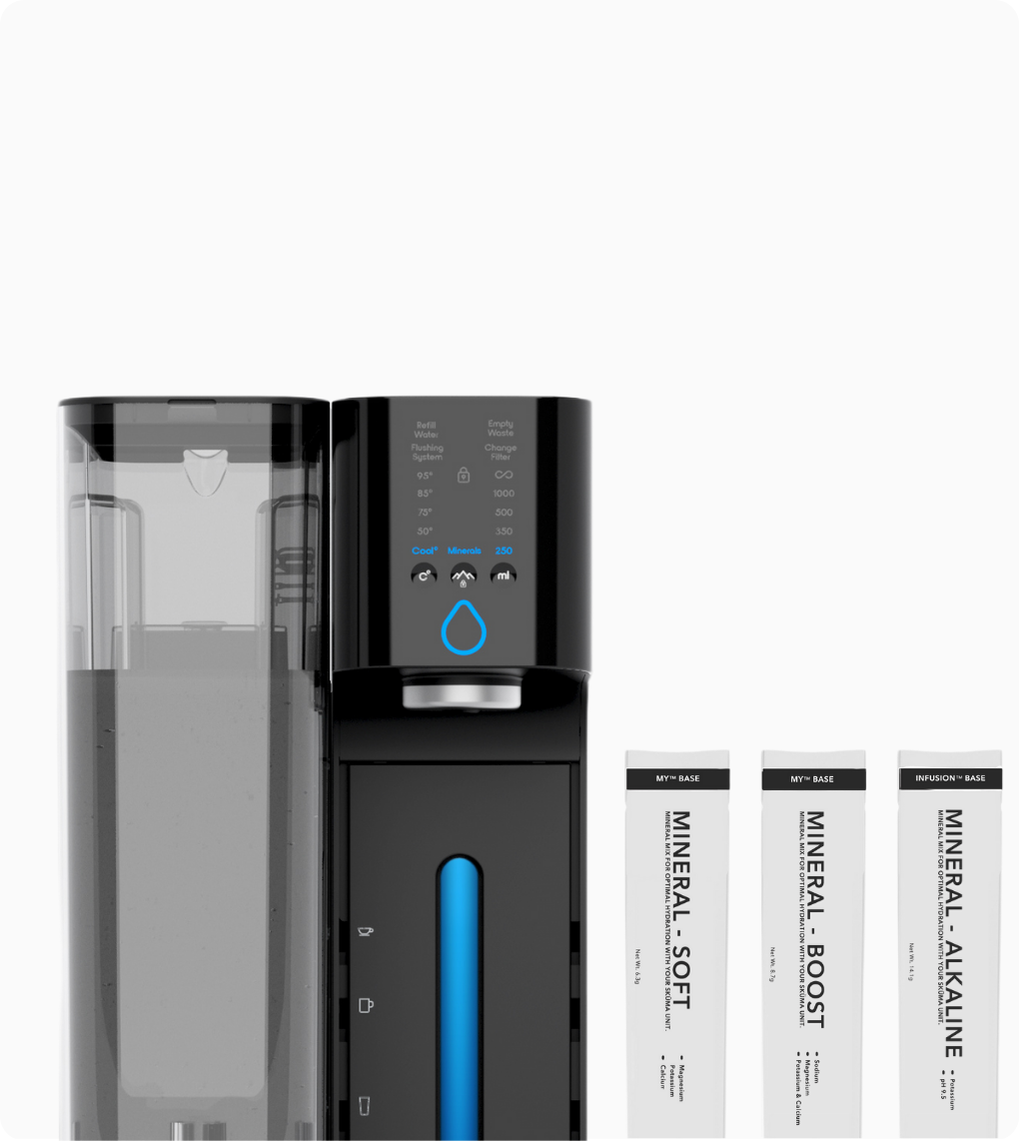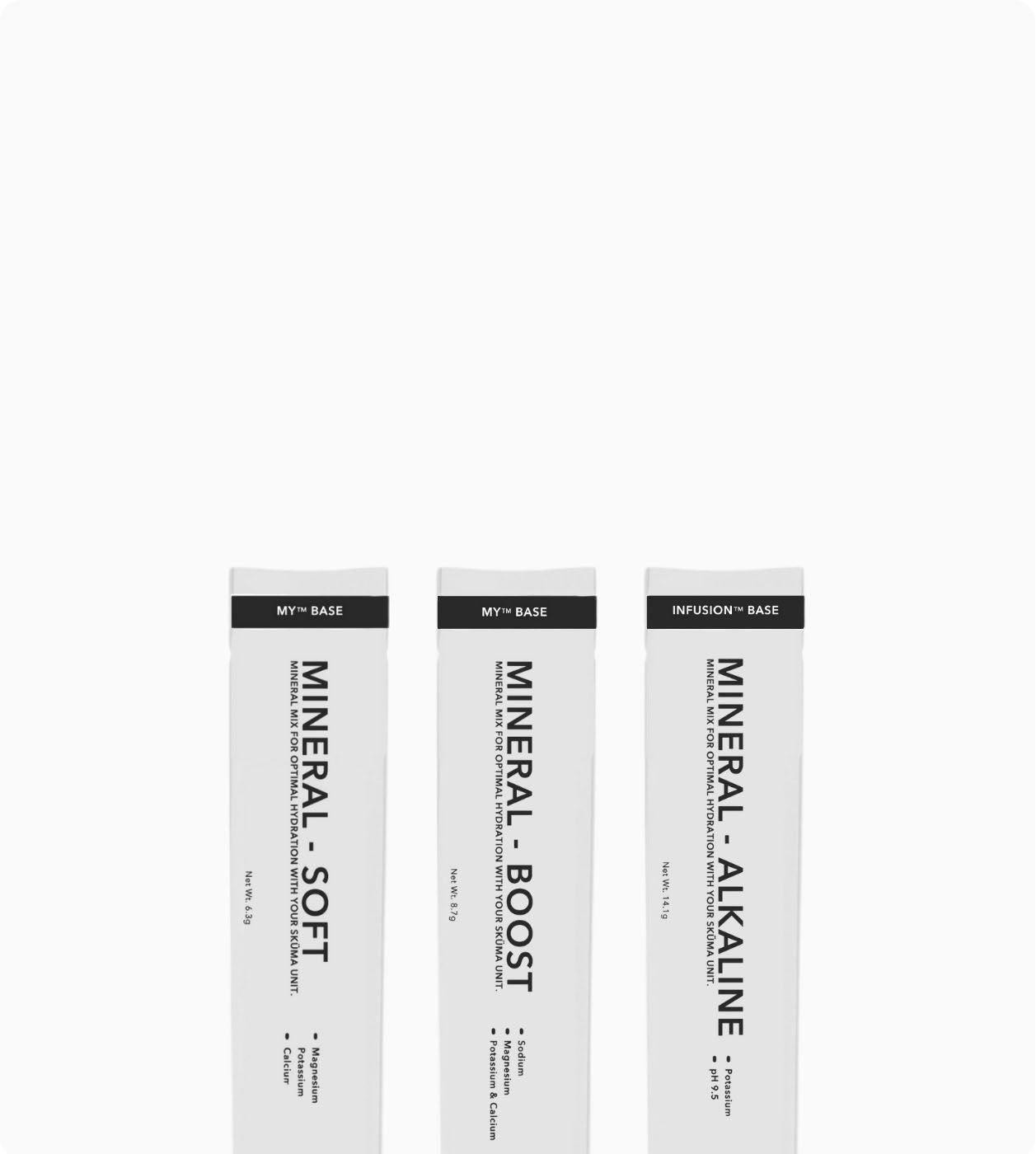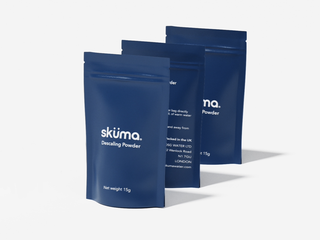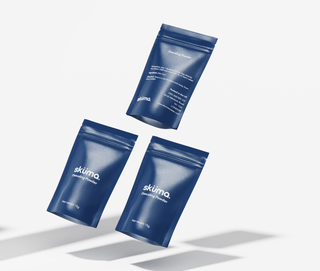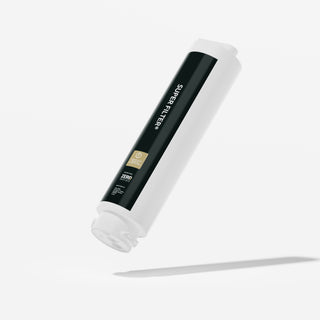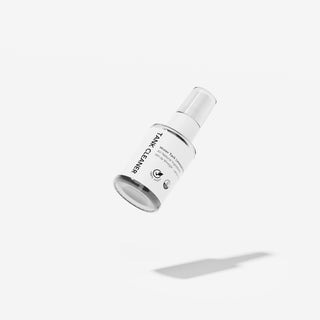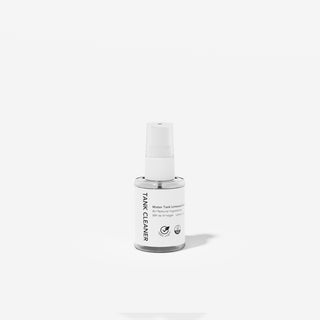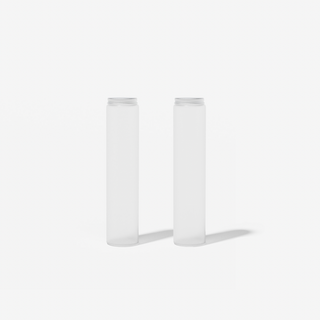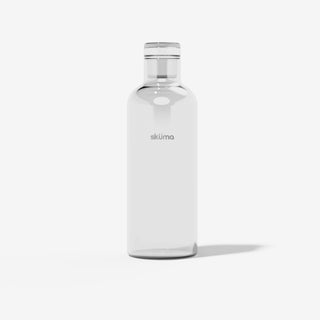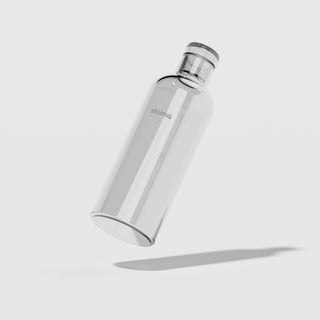We talk a lot about hydration for performance, focus, and recovery, but what happens when the lights go out?
While you sleep, your body shifts into full repair mode. Muscles recover, hormones rebalance, and your brain clears out metabolic waste. All of this depends on something most people overlook: hydration.
Why Nighttime Hydration Matters
The average person loses 800 to 1,000 millilitres of water every night through breathing and sweating. Add a late workout, alcohol, or dry indoor air, and those losses climb even higher.
Even mild dehydration, around one to two percent of body water, can raise cortisol levels, increase heart rate, and fragment deep sleep cycles. In simple terms, you wake up less rested and less recovered.
A 2018 study published in Sleep Health found that adults with mild dehydration reported 22 percent lower sleep efficiency and greater next-day fatigue compared to those who stayed hydrated.
The Hormone–Hydration Connection
Hydration isn’t just about water. It’s also about maintaining the right balance of electrolytes such as magnesium, potassium, and sodium.
- Magnesium supports GABA activity in the brain, promoting relaxation and reducing nighttime cortisol. Research in the Journal of Research in Medical Sciences (2012) found that magnesium supplementation improved sleep efficiency by up to 15 percent.
- Potassium helps muscles and nerves relax, preventing cramps or restlessness during the night.
- Sodium and chloride, in balanced amounts, maintain blood volume and fluid stability so your body doesn’t wake you up thirsty or with a racing heart.
These minerals work together to keep your recovery systems functioning efficiently while you sleep.
Timing Your Hydration for Better Sleep
Drinking large amounts of water right before bed can disrupt sleep with frequent bathroom trips. Instead:
- Hydrate steadily throughout the day, tapering during the final hour before bed.
- If you train in the evening, replenish electrolytes immediately afterward to restore balance before sleep.
- Include magnesium-rich water or a supplement about one to two hours before bed to encourage relaxation and better sleep onset.
A 2020 study in Frontiers in Neurology found that consistent hydration supports circadian rhythm alignment, which leads to better sleep quality and greater morning alertness.
Hydration and Recovery: The Overlooked Link
Deep sleep is when your body releases growth hormone and repairs muscle tissue. Dehydration interferes with this process by raising stress hormones and slowing nutrient delivery to recovering cells.
In short, water and minerals are the unsung heroes of recovery. You can’t repair what you don’t replenish.
The Sküma Approach
At Sküma, we design hydration for the full cycle of your day, from morning activation to nighttime recovery.
Our MY™ Bases mineral profiles deliver clean, mineral-balanced water that supports hydration and electrolyte function without sugar or additives. Whether you’re preparing for the day ahead or winding down for rest, every glass supports your body’s natural rhythm.


